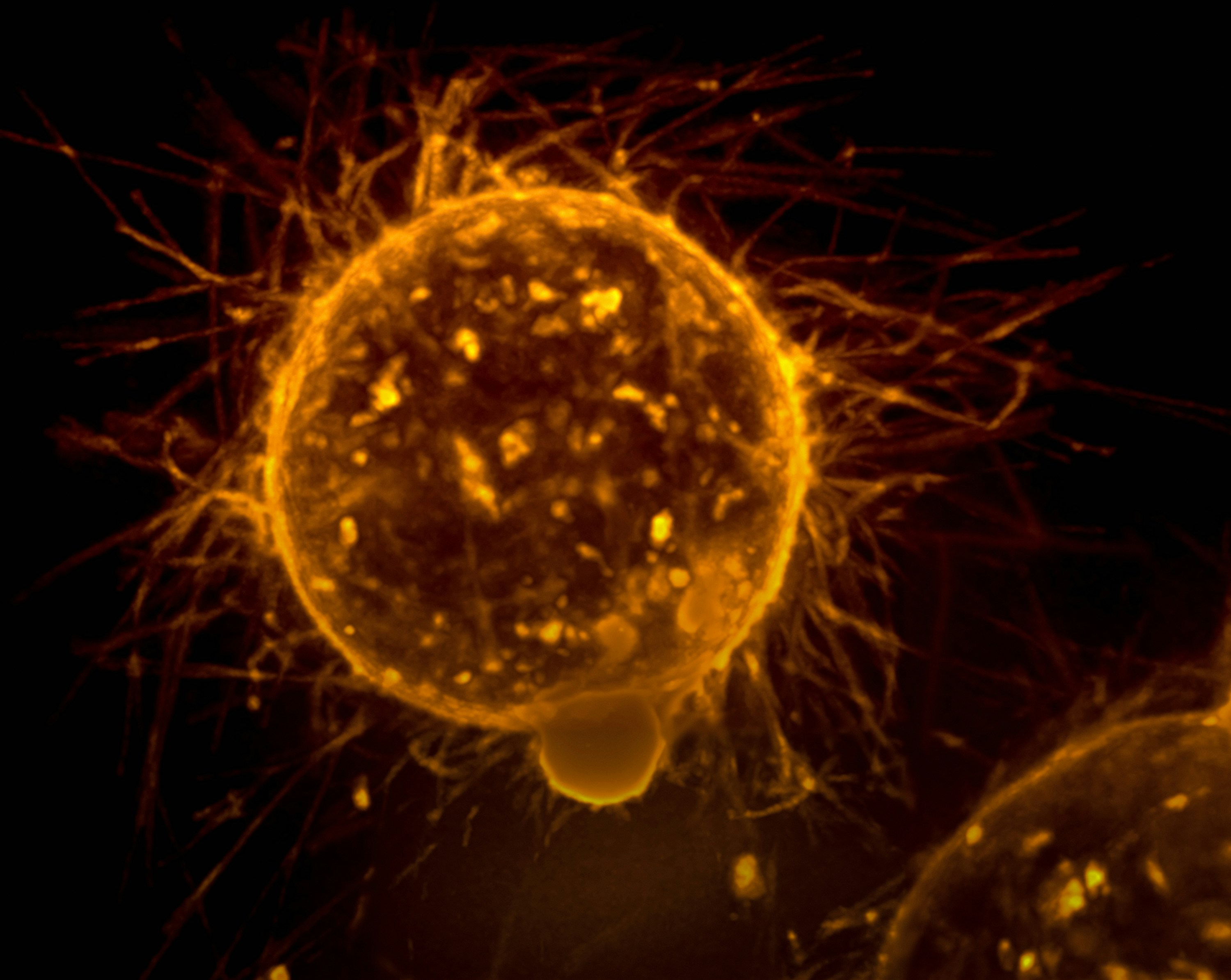Online Remote Behavioural Intervention for Tics (ORBIT) is accessed via a web browser and is an online guided self-help intervention which uses videos, animations and interactive scripts to help children and young people aged 9- to 17-years-old. It is supported by an online therapist across a 10-week programme to deliver a form of behavioural therapy called an exposure with response-prevention intervention, which involves practicing confronting the thoughts, images, objects, and situations that makes a person anxious and provokes their tic.
Neupulse is a wearable wrist-worn device linked to a mobile phone app, used to treat those over the age of 12. The device delivers low-intensity electrical pulses to the median nerve to reduce tic frequency and severity. Users are supported by written and video-based guidance and a technical support helpline.
Each technology would only be offered after clinical assessment with a GP. The first line treatment option will remain as psychoeducation, which combines the elements of cognitive-behaviour therapy and education, before offering one of the two technologies could be offered.
It is the first time a NICE committee has recommended digital therapies for these conditions that developers believe could also improve the user's ability to go about their everyday life.
Mark Chapman, director of HealthTech at NICE, said: ‘Our committee heard that diagnosis, treatment and support for people with chronic tic disorders and Tourette's syndrome can be variable depending on which part of the country they live in. For many it can take several months to receive a diagnosis, and our patient survey has highlighted that treatment options can be limited.
'Our committee's recommendation of these two technologies could increase treatment options and could allow more convenient treatment for people wherever they live be that urban or rural given the inconsistency in access.'
NICE has launched a consultation on the recommendations reached by the independent committee on recommendations to allow the use of ORBIT and Neupulse - once appropriately regulated - by NHS patients for the next three years. The consultation ends on 17 December 2024.
Further evidence will be generated during this time on the technology's long-term clinical effectiveness, how they affect the person's quality of life, and which patients benefit most from using them.
The responses will be considered by the committee who may then alter their recommendations before final guidance is published on our website.



